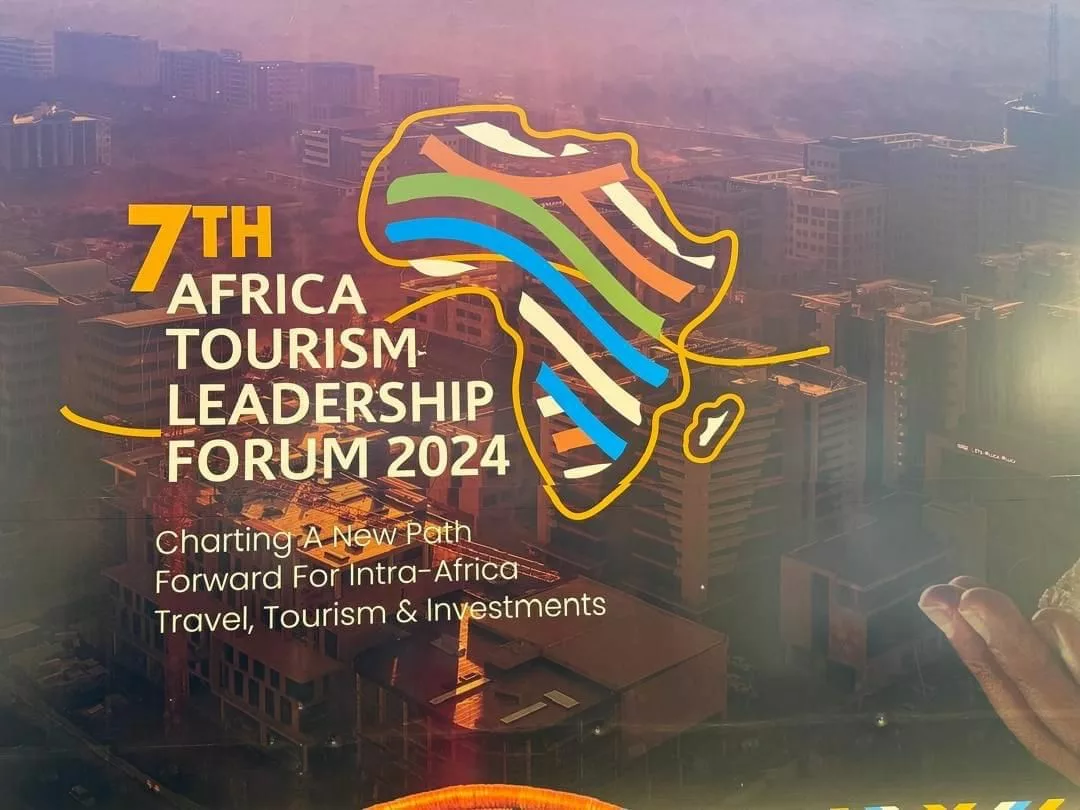|
Getting your Trinity Audio player ready...
|
The 7th Africa Tourism Leadership Forum, held on Wednesday in Gaborone, Botswana highlighted the urgent need to remove visa restrictions, reduce airfares, and enhance connectivity to unleash Africa’s vast tourism potential.
Stakeholders emphasised that these strategies, which aligned with the African Continental Free Trade Area (AfCFTA), were crucial to boosting intra-Africa travel and fostering economic integration across the continent.
Botswana’s Vice President, Slumber Tsogwane delivered the keynote address, stressing the transformative power of enhancing travel within Africa to maximise the tourism sector’s economic impact.
“Tourism is a major contributor to most African economies. There is a need to liberalise trade and travel to harness the full potential of what our continent has to offer. Not only would this create employment opportunities for ourselves, but it would also position Africa as a competitive destination on the global stage. With over 53 countries present here, imagine the power we would have if we fully utilised AfCFTA without the hindrance of visa restrictions,” Tsogwane said.
Dr Takaruza Munyanyiwa, Zimbabwe’s head of delegation and Permanent Secretary in the Ministry of Tourism and Hospitality Industry expressed optimism about the forum’s potential impact on Zimbabwe’s tourism.
“Zimbabwe has continuously proved that it is capable of hosting world-class conferences, and this platform is a win for us in promoting the country to these buyers,” Dr Munyanyiwa said.
Director of Trade in Services at AfCFTA, Emily Mburu Ndoria highlighted the agreement’s critical role in economic integration and its direct benefits for the tourism sector.
“The AfCFTA Agreement’s role in economic integration and its impact on tourism cannot be overlooked. This unified approach can lead to shared prosperity, making Africa a more attractive destination for both tourists and investors,” she stated.
Echoing these sentiments, the CEO of Africa Tourism Partners, Mr Kwakye emphasised the importance of collaboration among African nations in building a strong, unified tourism brand for the continent.
“The AfCFTA Agreement aims to increase and facilitate intra-African trade and foster industrial growth by establishing a single market that enables the free movement of people, investments, goods, and services across the continent,” he explained.
One travel agent at the forum expressed optimism about the discussions on improving air travel.
“This year, there has been a lot of focus on opening up air travel, and I’m excited about the various opportunities being presented here. As a travel agent, you always want to offer the best packages to your clients. However, connectivity issues can sometimes be a challenge. I’m glad that we’re addressing these issues, and airlines are also aligning with other tourism players,” said the travel agent.
The forum, which brought together buyers and stakeholders from across Africa, underscored a shared vision for transforming the continent into a leading destination for global tourists and investors.
Participants agreed that a unified approach, including expanding visa-free access and improving air travel connectivity, could be pivotal in achieving this goal.
Currently, only four African countries – Benin, Gambia, Rwanda, and the Seychelles—offer visa-free access to all Africans.
Expanding this approach is seen as a critical step toward unlocking Africa’s full tourism potential and driving significant economic growth and integration.






